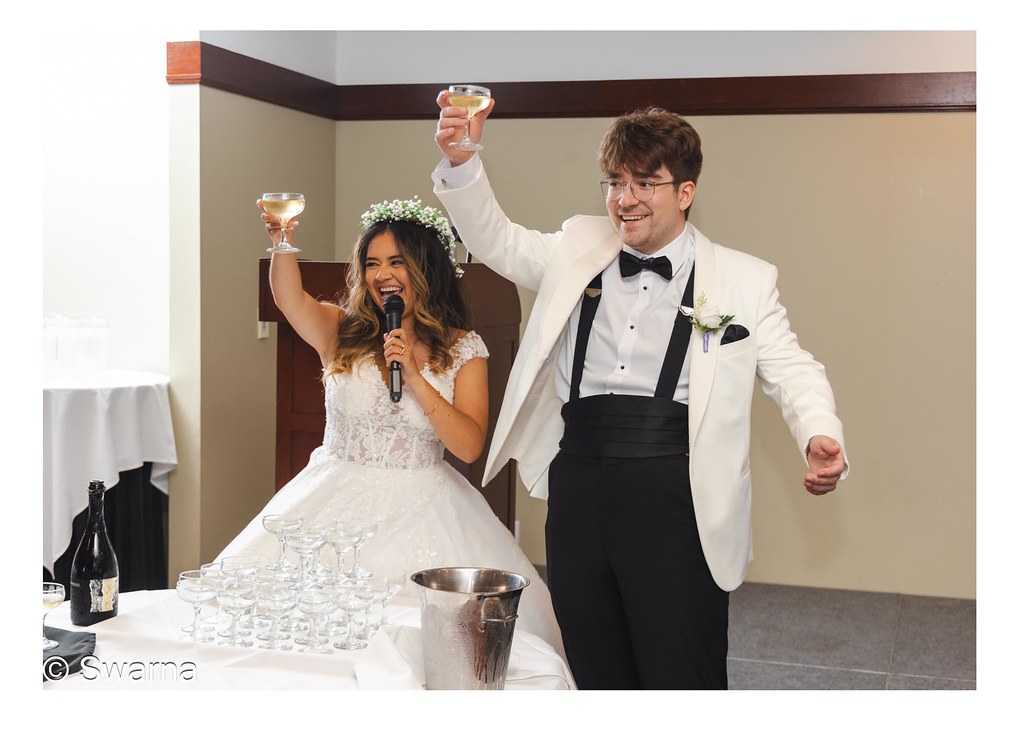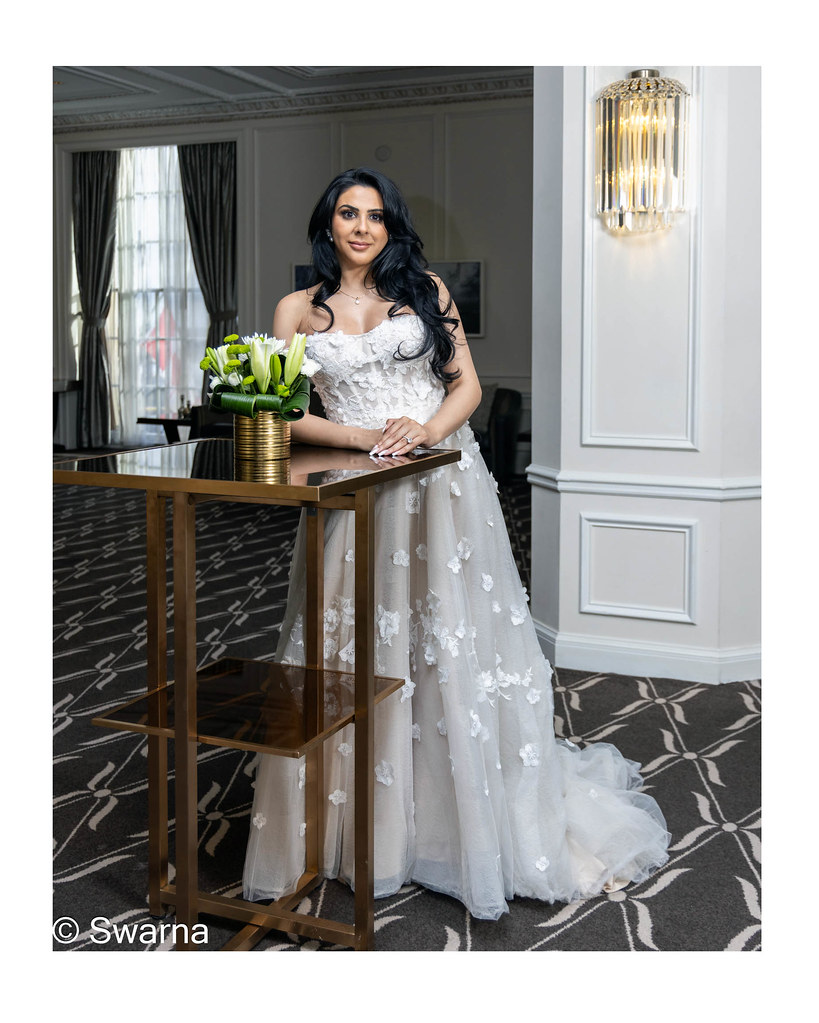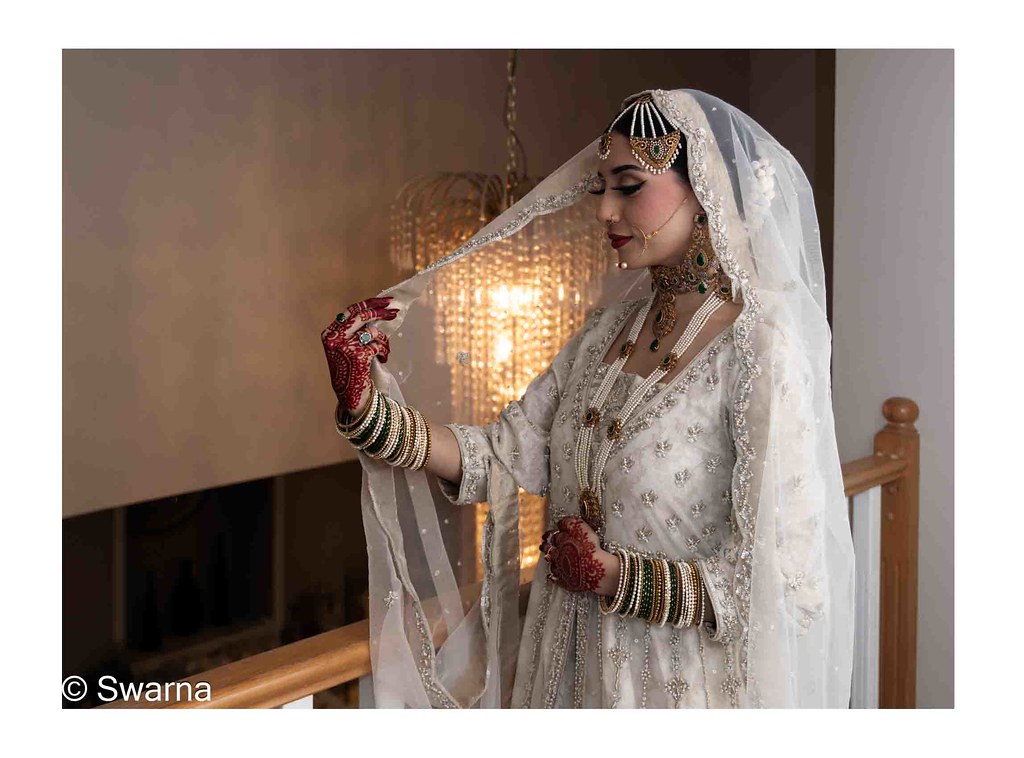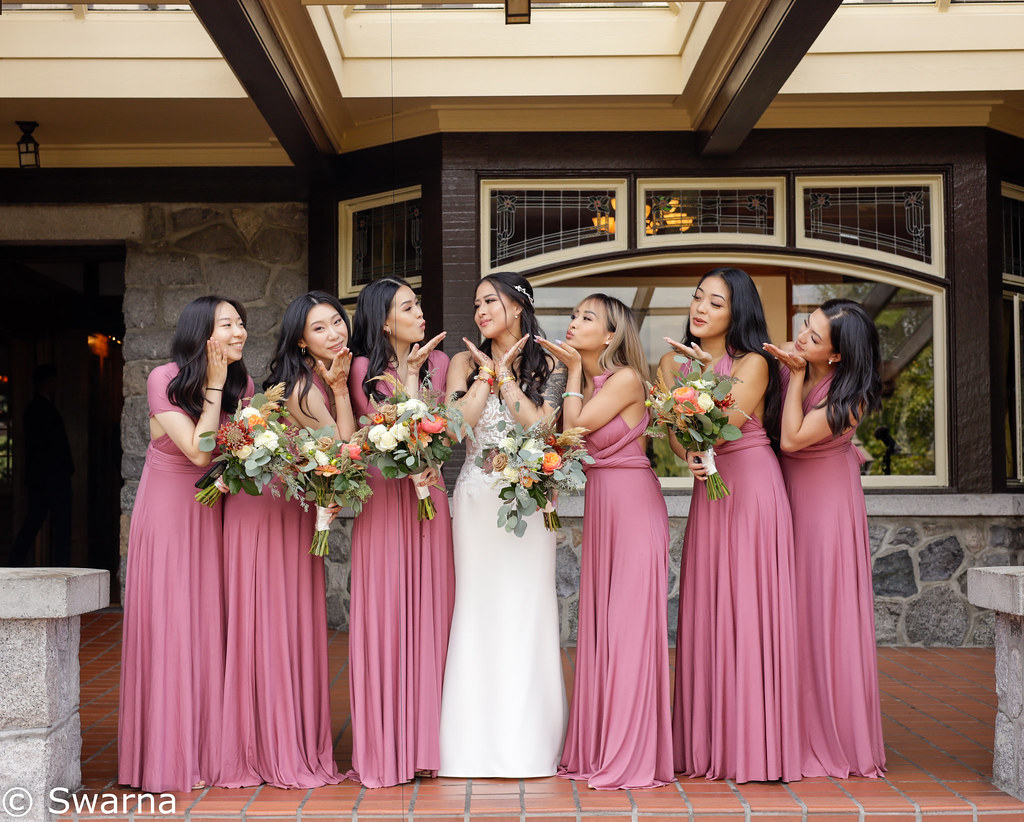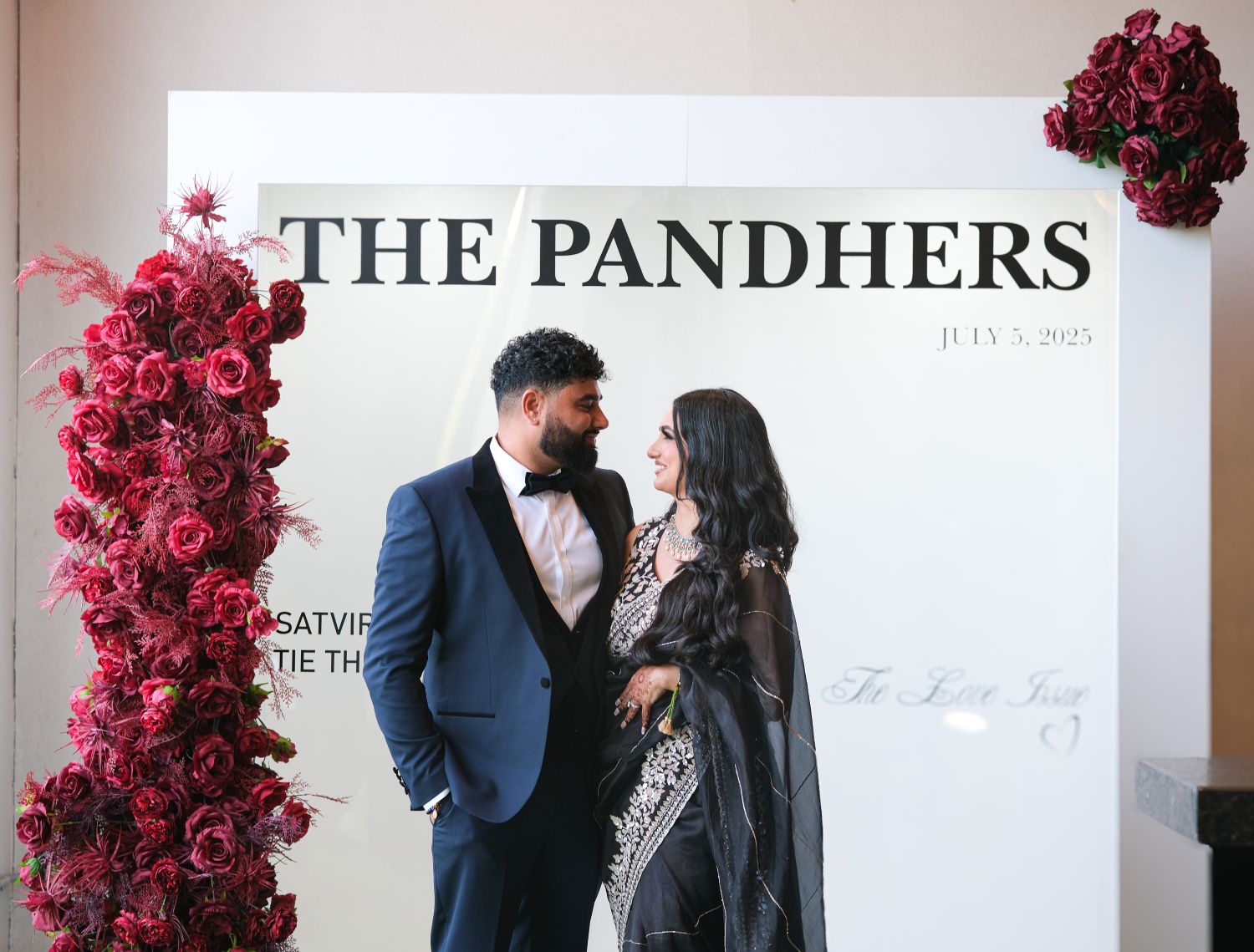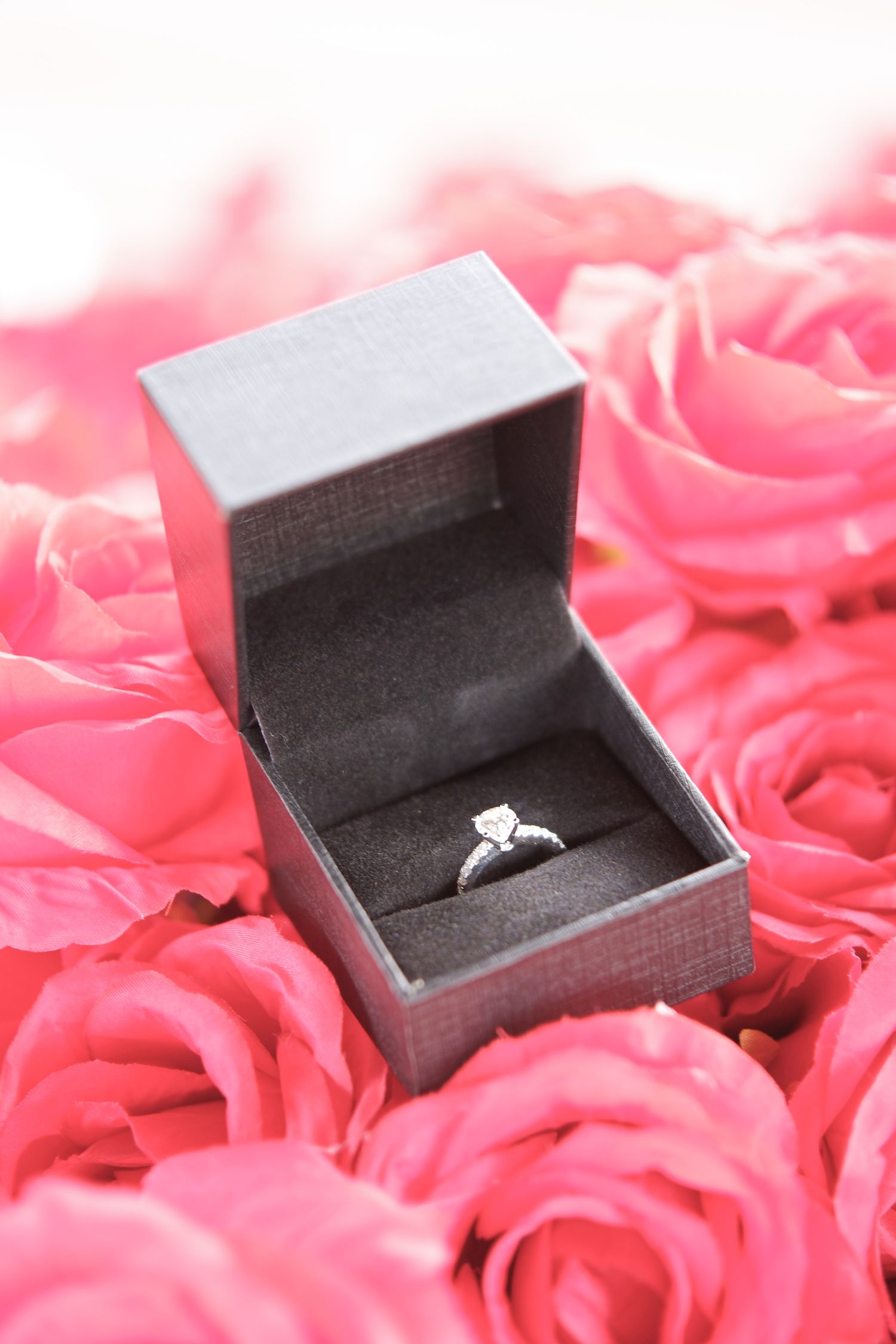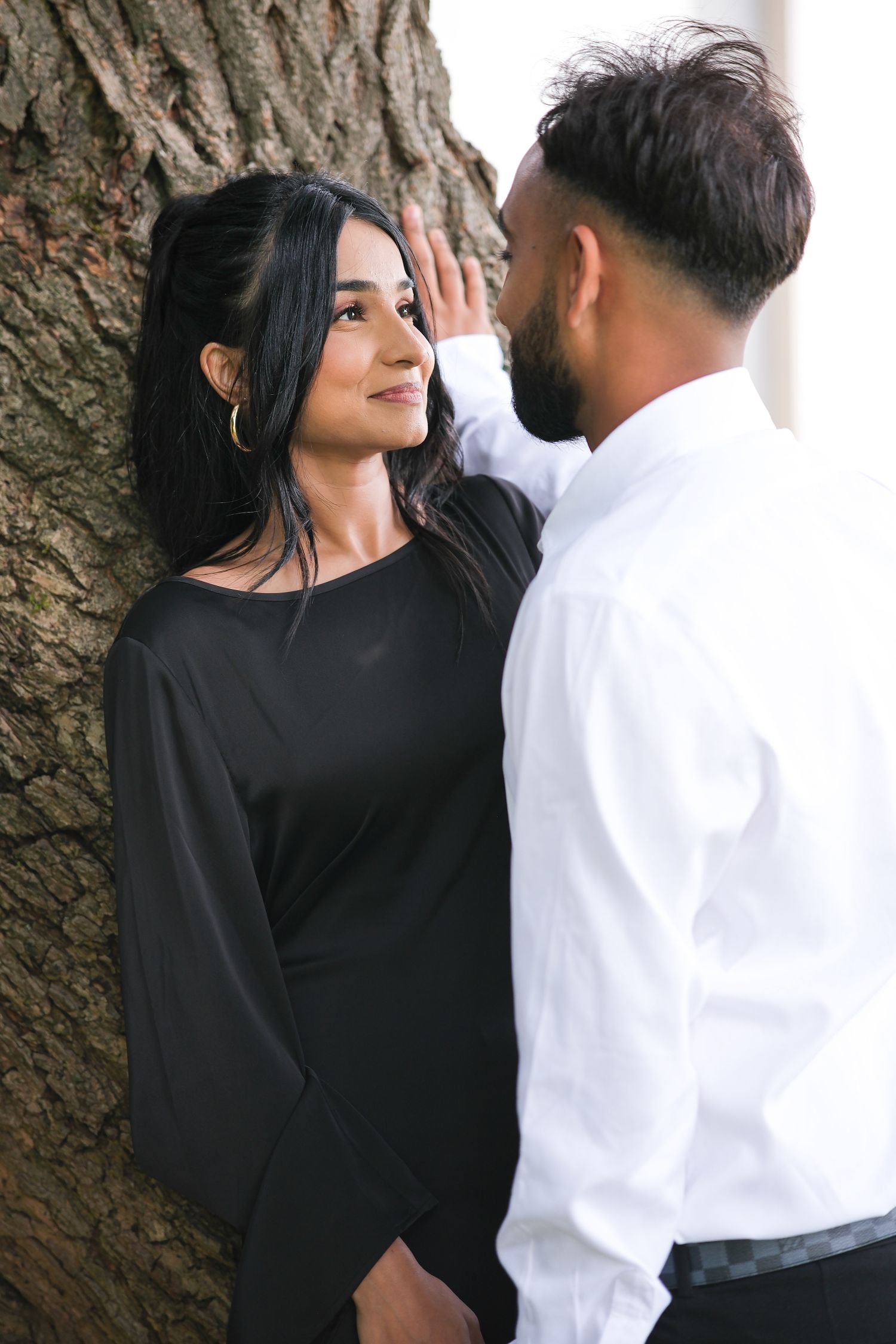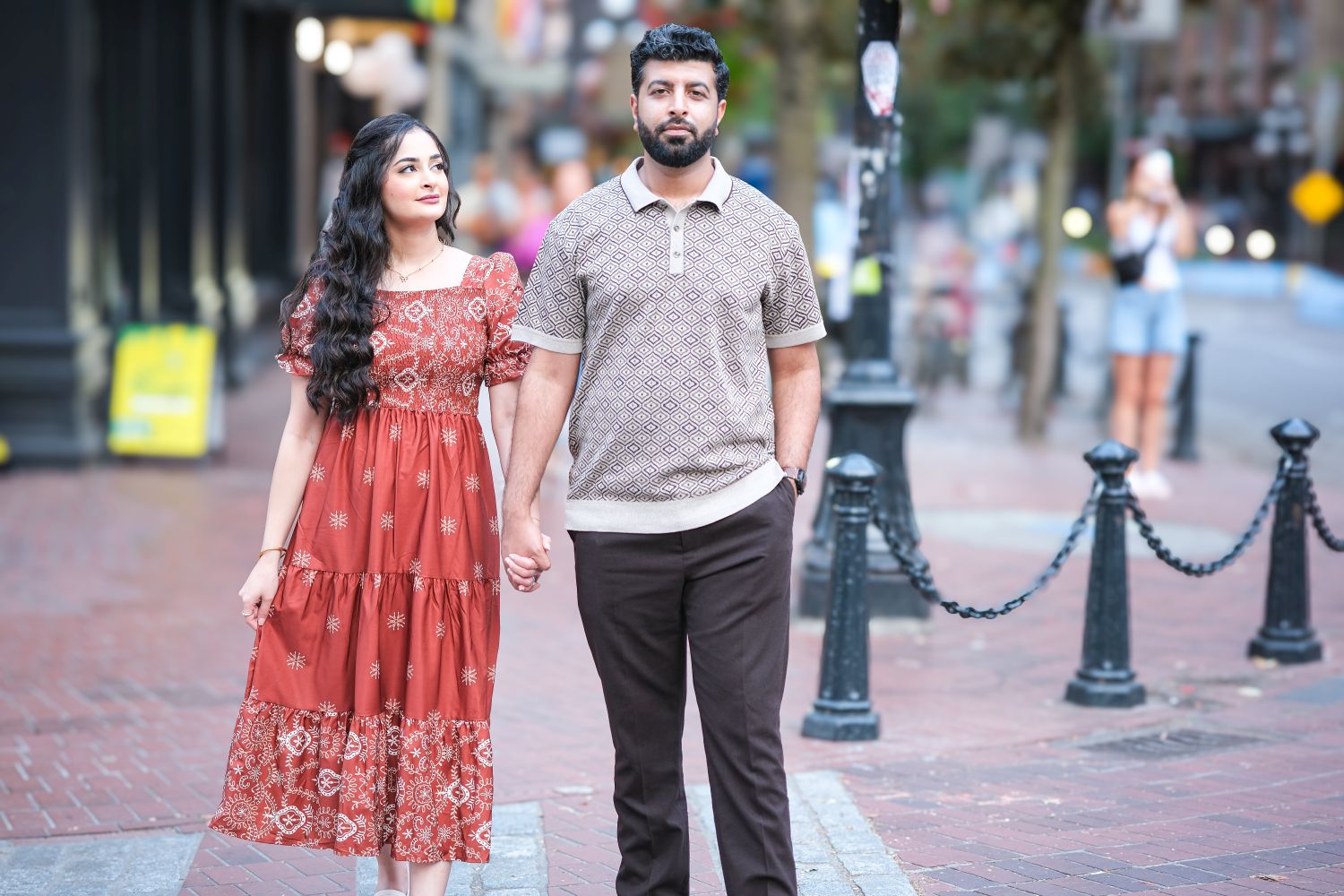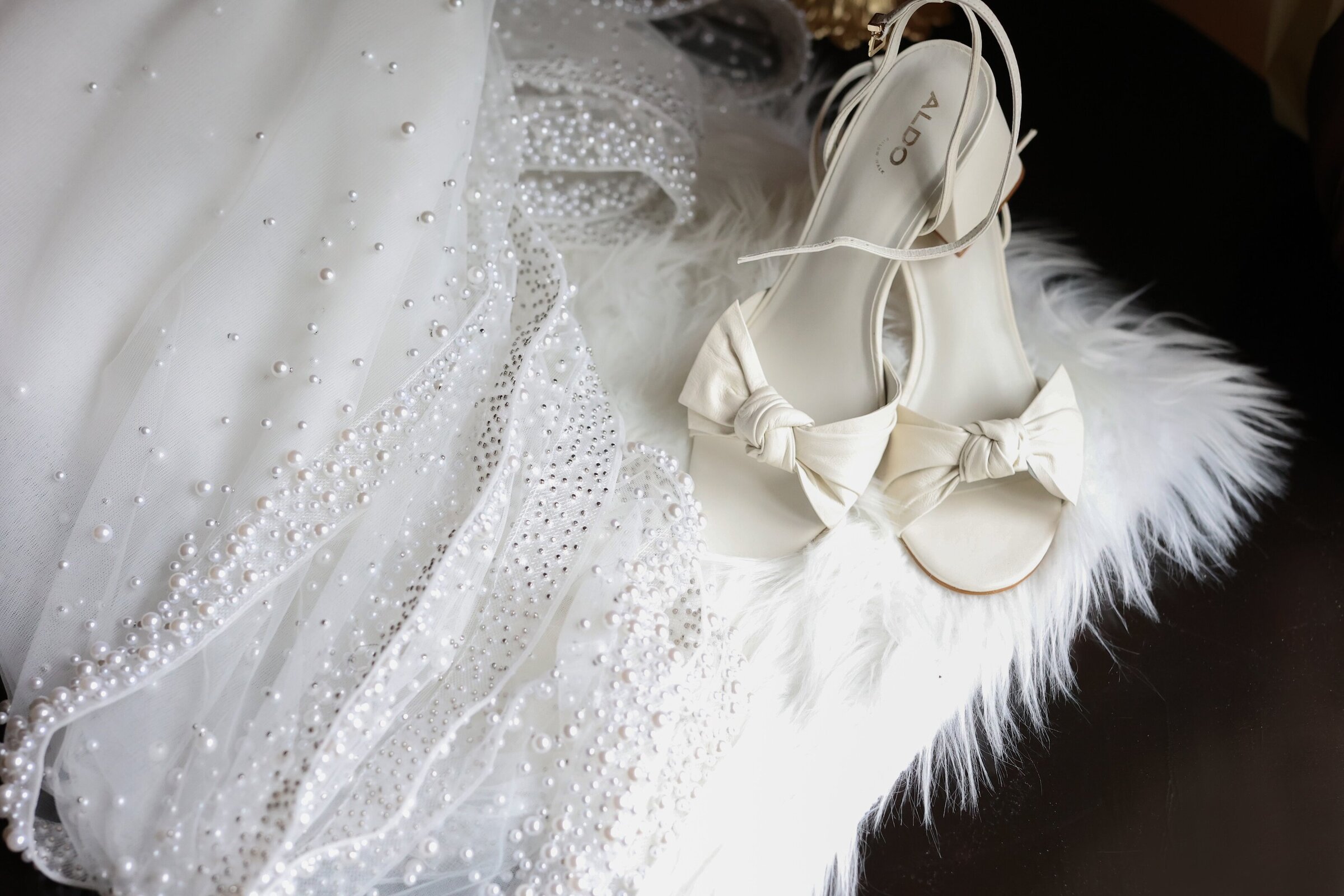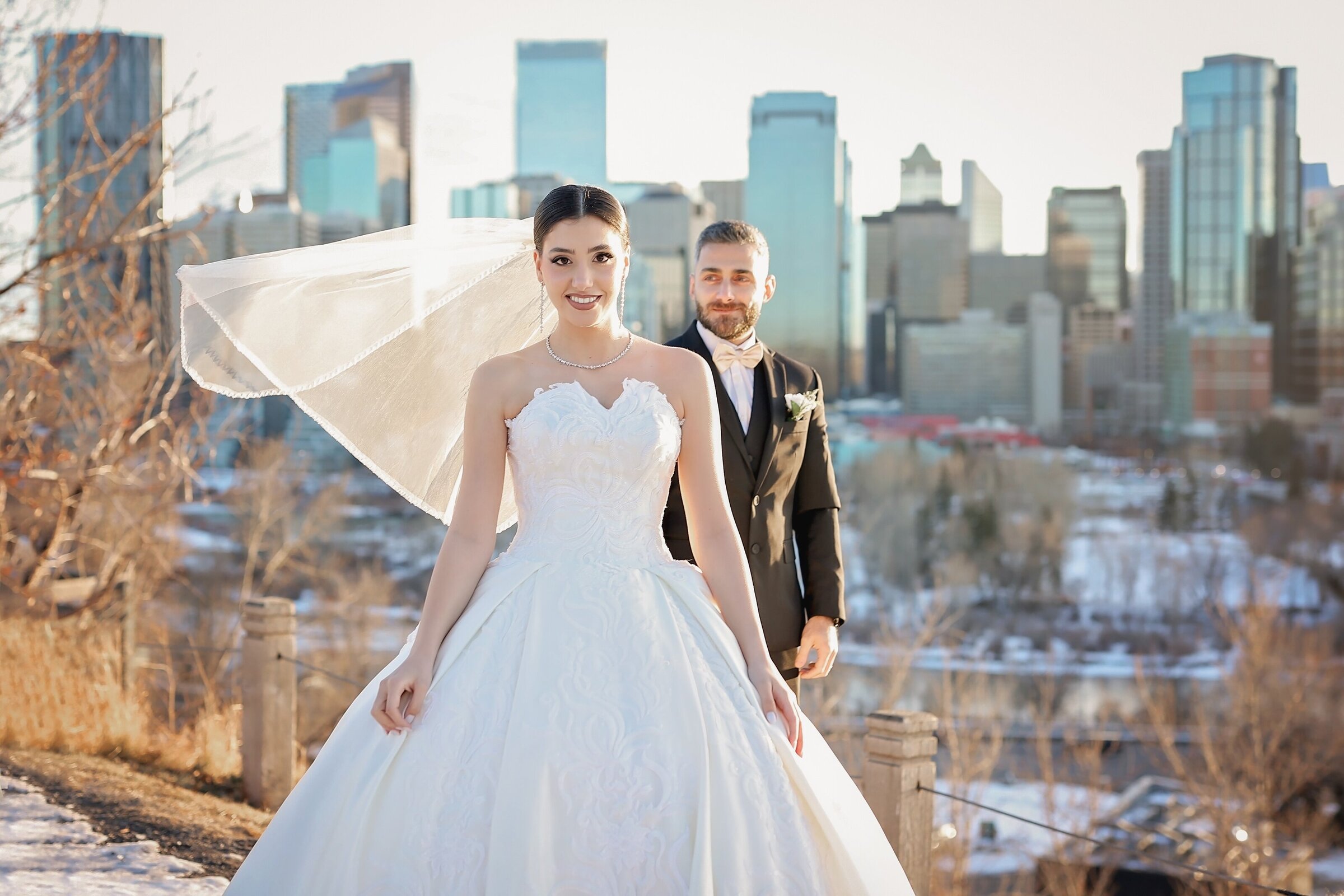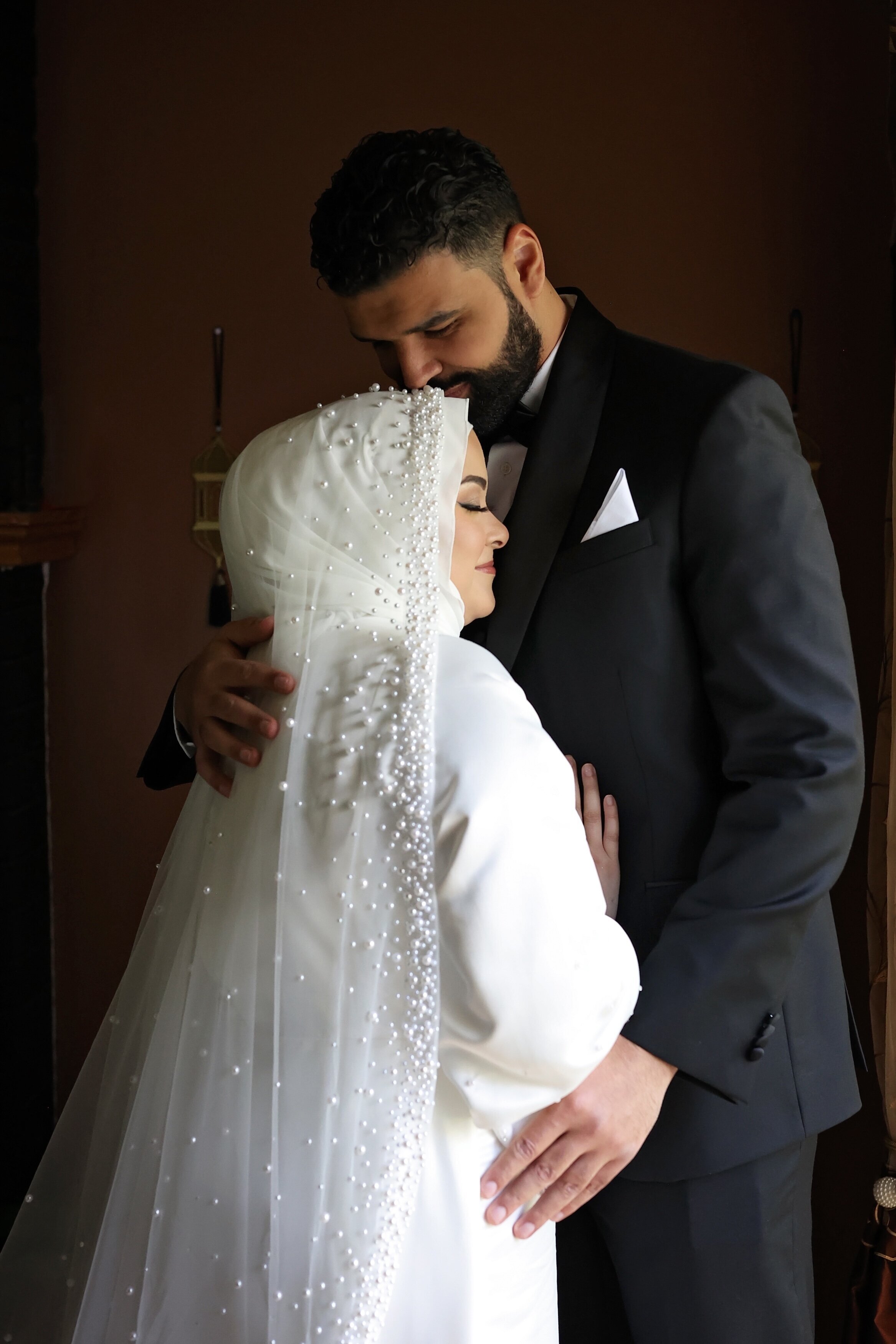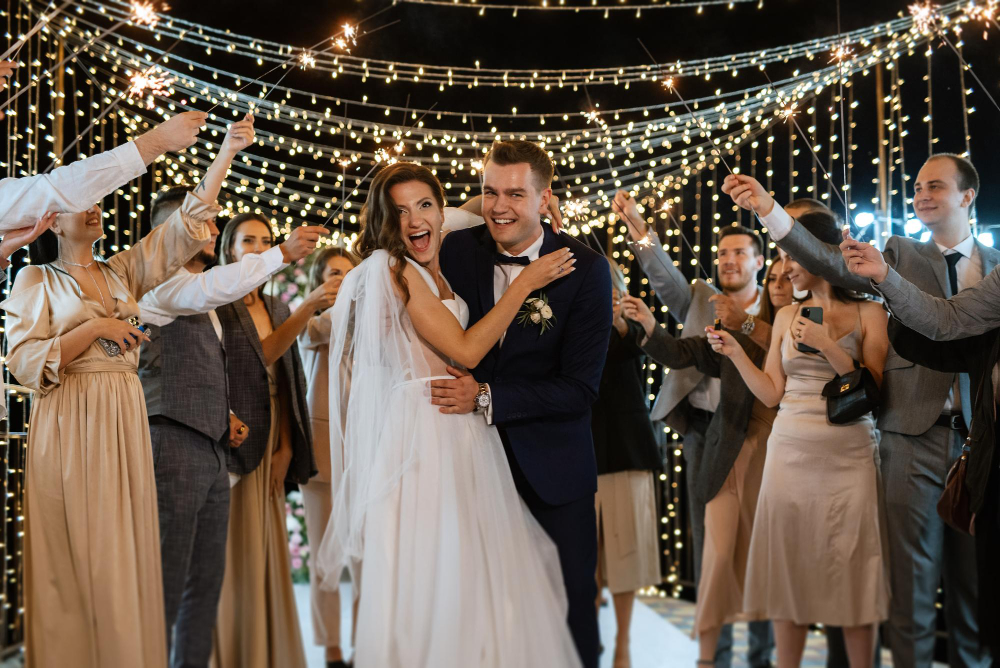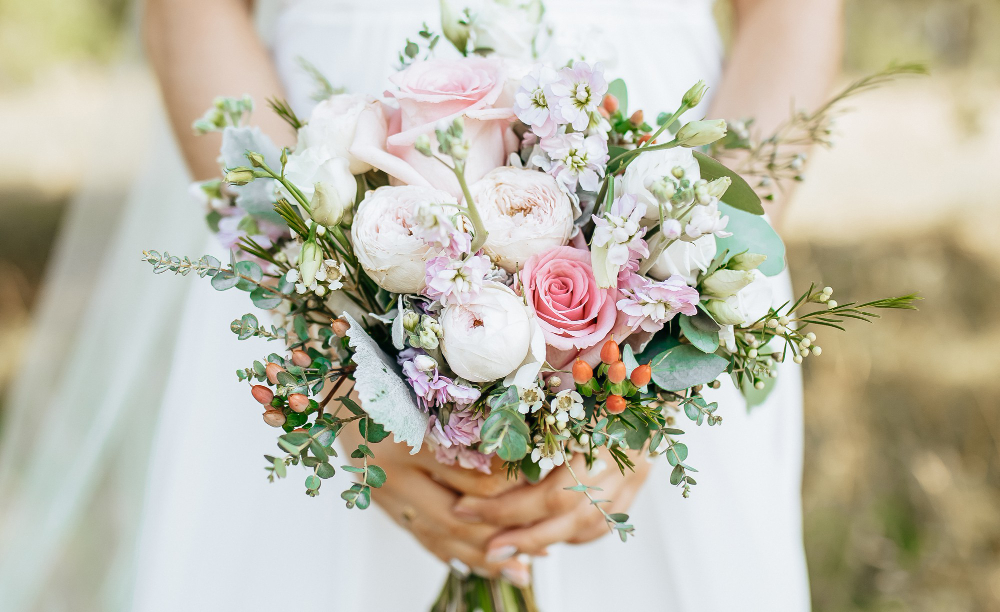
Welcome to the global directory for Flowers. Start your search here to find the best talent in your region.





Top-rated Flowers businesses in your area.





Discover the beauty of nature with our exquisite selection of flowers. From vibrant roses to delicate lilies, our floral arrangements bring joy and elegance to any occasion. Explore a garden of possibilities and find the perfect bouquet to brighten your day. Shop now for the freshest blooms and express your emotions through the language of flowers.
Flowers have held a special place in human culture and history for centuries. These vibrant and fragrant creations of nature captivate our senses and emotions, making them a symbol of beauty, love, and so much more.
The Diversity of Flowers
One of the most remarkable aspects of flowers is their incredible diversity. With over 400,000 species of flowering plants, they come in an array of colors, shapes, and sizes. From the grandeur of the rose to the delicate simplicity of the daisy, each flower carries a unique charm and appeal.
Flowers can be broadly categorized into annuals, perennials, and biennials. Annuals complete their life cycle in a single year, while perennials live on year after year, and biennials span two growing seasons. Understanding these categories can help gardeners choose the best flowers for their specific needs and gardening conditions.
The Language of Flowers
Flowers have long been a means of communication, with each type carrying its own symbolism. This language of flowers, known as "floriography," allows people to convey their feelings and thoughts through carefully selected bouquets. For example, red roses signify love and passion, while daffodils represent new beginnings.
Cultural Significance
Throughout history, various cultures have attributed unique meanings to different flowers. In ancient Egypt, the lotus flower symbolized rebirth and the sun, while in Greek mythology, the lily was associated with purity and renewal. These cultural significances have shaped the ways in which flowers are used in rituals, ceremonies, and everyday life.
Flowers and Their Uses
Beyond their aesthetic appeal, flowers serve numerous practical purposes. They are a source of food for insects, especially bees, which play a vital role in pollination, enabling the reproduction of many plant species. Moreover, flowers are also used in the creation of essential oils, perfumes, and medicinal remedies. Lavender, for instance, is known for its calming properties, and chamomile is often brewed into a soothing tea.
Gardening and Landscaping
For gardening enthusiasts, flowers are an integral part of landscaping and garden design. The choice of flowers can transform a space, creating a soothing, romantic, or vibrant atmosphere. Whether you're aiming for a cottage garden with wildflowers or a modern landscape with structured flower beds, flowers provide endless possibilities for creative expression.
The Role of Flowers in Celebrations
Flowers play a prominent role in various celebrations and events. Weddings are incomplete without beautiful floral arrangements, and birthdays are often marked by the gift of a colorful bouquet. Funeral flowers, on the other hand, are a symbol of respect and remembrance. The presence of flowers at these significant life events speaks to their universal appeal and significance.
Environmental Importance
Flowers are not just essential to humans but also play a crucial role in the environment. They support biodiversity by providing habitats and food for a wide range of wildlife. Bees and butterflies, in particular, depend on flowers for nectar and pollen, making them vital for the pollination of food crops. Thus, the conservation of flowers is integral to the health of ecosystems and food production.
Conclusion
Flowers are not merely ornamental; they are nature's fragrant masterpieces that have enriched our lives in countless ways. Their diversity, symbolism, and cultural significance make them a source of joy, inspiration, and communication. Whether in the garden, during celebrations, or as a source of essential oils, flowers continue to bring color and fragrance into our world. Embrace the beauty of flowers, and you'll discover the profound impact they have on our lives.
Find wedding professionals in your area and view photos of their work


